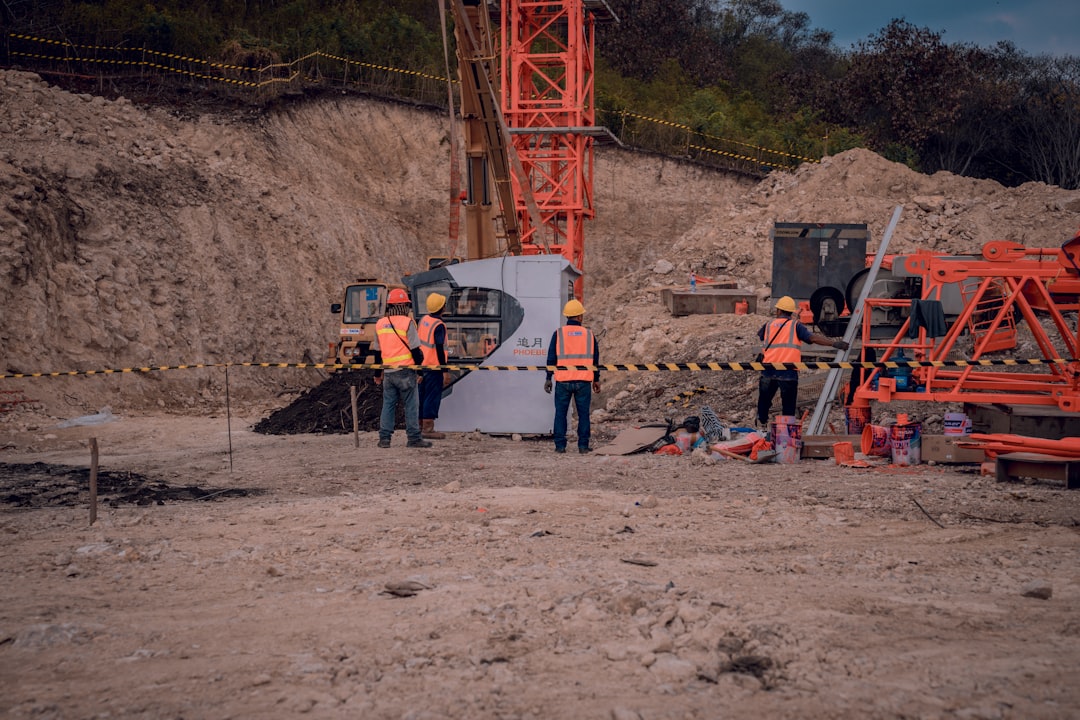CountBricks Gas Piping Installation Augusta Montana Experts
Augusta Construction Cost Hub
Price source: Costs shown are derived from our proprietary U.S. construction cost database (updated continuously from contractor/bid/pricing inputs and normalization rules).
Eva Steinmetzer-Shaw
Head of Marketing
Gas Piping Installation Augusta Montana: Trust the CountBricks Advantage
Gas piping installation costs in Augusta, Montana typically range from $650 to $1,200 per opening, depending on the complexity and materials used. Natural gas and propane lines power everything from high-efficiency furnaces to gourmet kitchen ranges across Augusta, Montana. Yet even a minor leak can endanger lives, drain wallets, and halt renovations. That is why construction professionals continually choose CountBricks for precise, code-compliant gas piping installation. We combine licensed mechanical craftsmanship with our proprietary AI estimating platform to slash guesswork, accelerate schedules, and keep your project on budget.
Why Precise Gas Piping Matters in Residential Construction
- Safety first: Incorrect sizing or poorly sealed joints can lead to carbon monoxide buildup and fire hazards.
- Performance: Appliances starved for BTU supply run inefficiently, shortening service life and inflating utility bills.
- Code compliance: The International Fuel Gas Code (IFGC) adopted by local authorities demands exact calculations for pipe diameter, material, and support spacing.
- Resale value: Professional, documented installation assures home inspectors and buyers that the property meets modern standards.
The CountBricks Process From Voice-Driven Takeoff to Final Inspection
- Realtime voice scoping: Using the CountBricks mobile app, you walk through the home and describe appliance locations. Our AI converts the conversation into a digital plan within seconds.
- Instant line sizing & materials list: The platform references Montana’s altitude, local supply pressure, and appliance BTU ratings to recommend pipe diameters and approved materials such as corrugated stainless steel tubing (CSST) or black iron.
- Transparent estimate: Labor hours, fittings, shut-off valves, regulators, and permit fees are itemized instantly. Clients can adjust scope live and see pricing update in real time.
- Permit & scheduling: Our licensed master plumber submits sealed drawings to Augusta’s Building Division while our scheduling bot finds the earliest installation window that fits both crews and homeowners.
- On-site execution: CountBricks technicians arrive with prefabricated pipe segments labeled from the AI takeoff, reducing cut time and material waste.
- Pressure testing & inspection: Every system is pressurized to 1.5x working pressure and monitored for a minimum of 30 minutes before the municipal inspector signs off.
- Digital close-out: Homeowners receive a PDF of pressure test logs, permits, and warranty information stored securely at CountBricks.com/portfolio for future reference.
Material Options We Recommend for Augusta Homes
- Black iron pipe: Time-tested durability; ideal for exposed basement runs.
- CSST: Flexible, fewer fittings, perfect for retrofits in finished walls.
- Polyethylene (PE) tubing: For underground exterior runs to standby generators or outdoor kitchens.
- Copper (Type L): Limited to propane only; excellent for tight crawl spaces when allowed by local code.
Cost Factors Influencing Your Gas Piping Installation
- Total BTU load and pipe diameter
- Length of run and number of appliance drops
- Accessibility of framing cavities
- Choice of material (CSST premiums vs. black iron labor hours)
- Permit and inspection fees set by Augusta city ordinances
Because no two homes are identical, CountBricks’ AI provides line-by-line pricing instead of industry averages, empowering professionals to make data-driven decisions.
How CountBricks Outperforms Traditional Bidding
- Voice-to-estimate in minutes, not days
- Automated clash detection with existing plumbing and electrical lines
- Cloud-stored change orders for airtight documentation
- Integrated invoicing syncs directly with popular accounting software, eliminating duplicate data entry
Frequently Asked Questions
Do I need a permit for a simple stove replacement?
Yes. Augusta requires a mechanical permit even for adding a single gas appliance. CountBricks files all paperwork on your behalf.
Can I reuse existing gas lines?
We perform a flow and leak assessment. If pipe sizing and material meet current code, we integrate the line into the new design; otherwise, we recommend replacement.
What is the typical project timeline?
Most single-family installations take 1-2 days on site, plus inspection. Larger custom homes with multiple manifolds can extend to a week.
Ready for a Precise Quote?
Visit CountBricks.com or call our Augusta office to schedule a five-minute voice walkthrough. See exactly what your Gas Piping Installation in Augusta, Montana will cost—before a wrench ever turns.
Case Study: Downtown Augusta Bungalow Upgrade
A 1940s two-bedroom bungalow needed a service line upgrade to power a tankless water heater, range, and future patio firepit. The homeowner worried about cutting into original plaster walls.
- Voice walkthrough: A five-minute call captured appliance BTU ratings and route preferences.
- AI design: CountBricks proposed CSST routed through the basement ceiling joists, limiting wall demolition to a single 4-inch opening behind the stove.
- Prefabrication: Our shop pre-cut and labeled 42 feet of CSST with mounting brackets based on the digital takeoff.
- Installation day: Two technicians completed hangers, terminations, and tracer wire in six hours—40% faster than traditional methods.
- Savings: Material waste dropped by 12%, and the homeowner saved $480 in labor compared to legacy bids.
Pro Tips for Homeowners Planning Gas Upgrades
- Schedule gas utility meter upsizing early; lead times can reach three weeks.
- Bundle multiple appliance installs to minimize permit fees.
- Request digital close-out documents to simplify future remodels or resale disclosures.
CountBricks Service Extensions
- Whole-home energy modeling alongside gas line design
- Smart thermostat and appliance integration for remote monitoring
- Annual safety inspections with thermal imaging to detect hidden leaks
Visit CountBricks.com to learn how our predictive costing and seasoned crews can future-proof your Augusta residence while safeguarding family and property.

